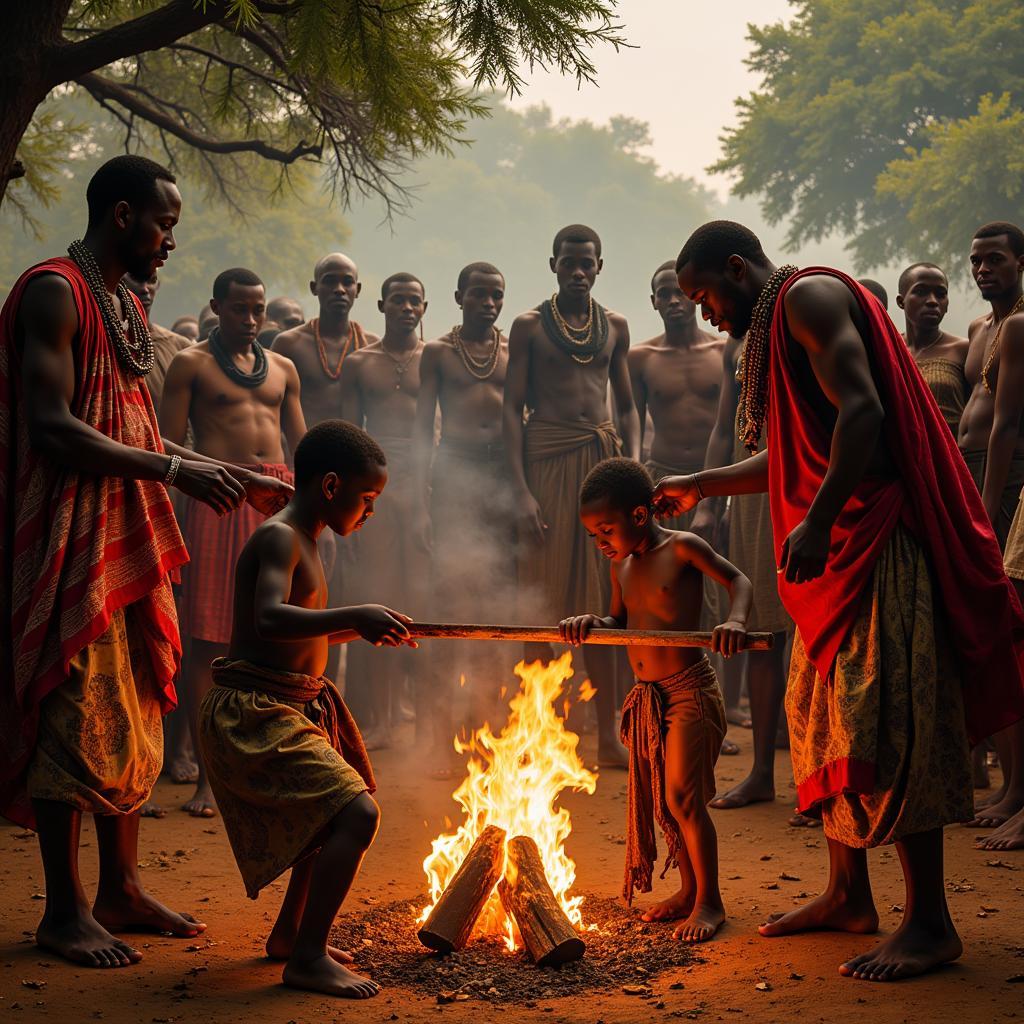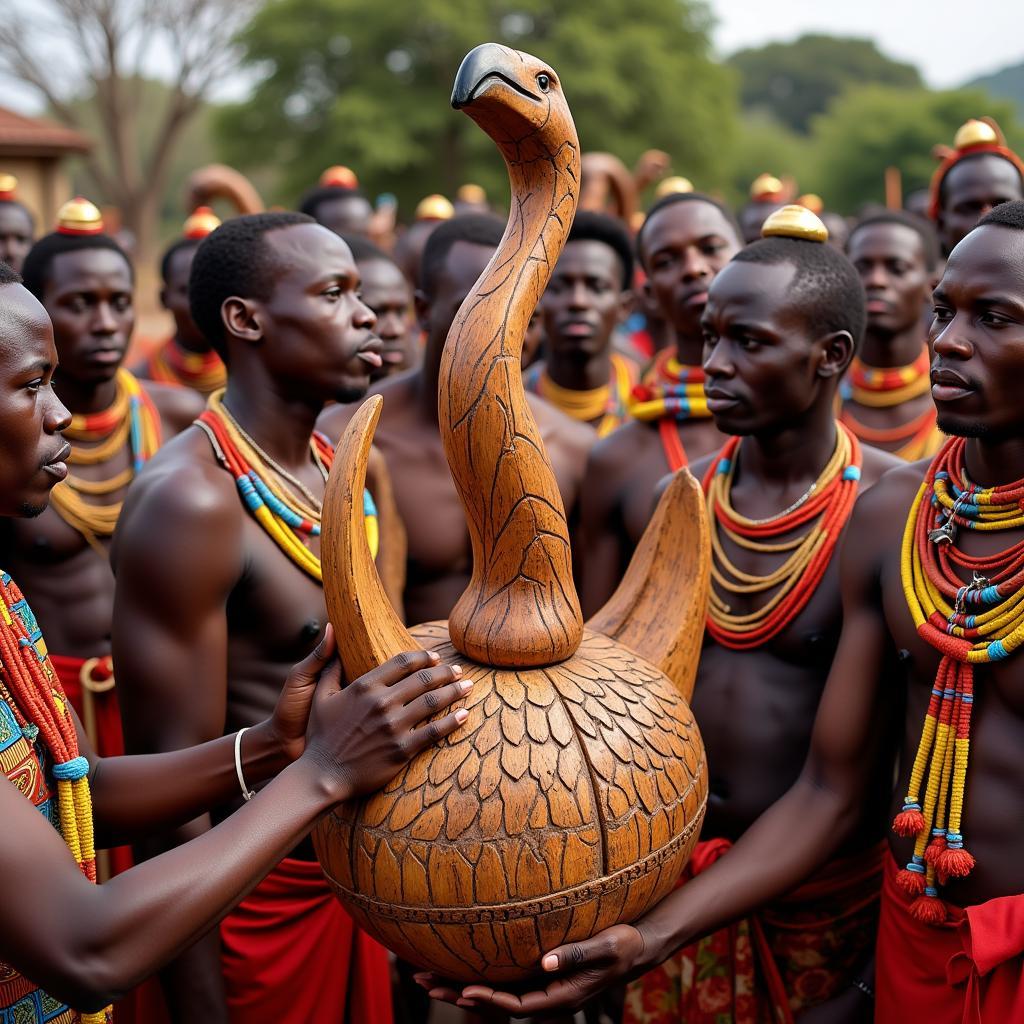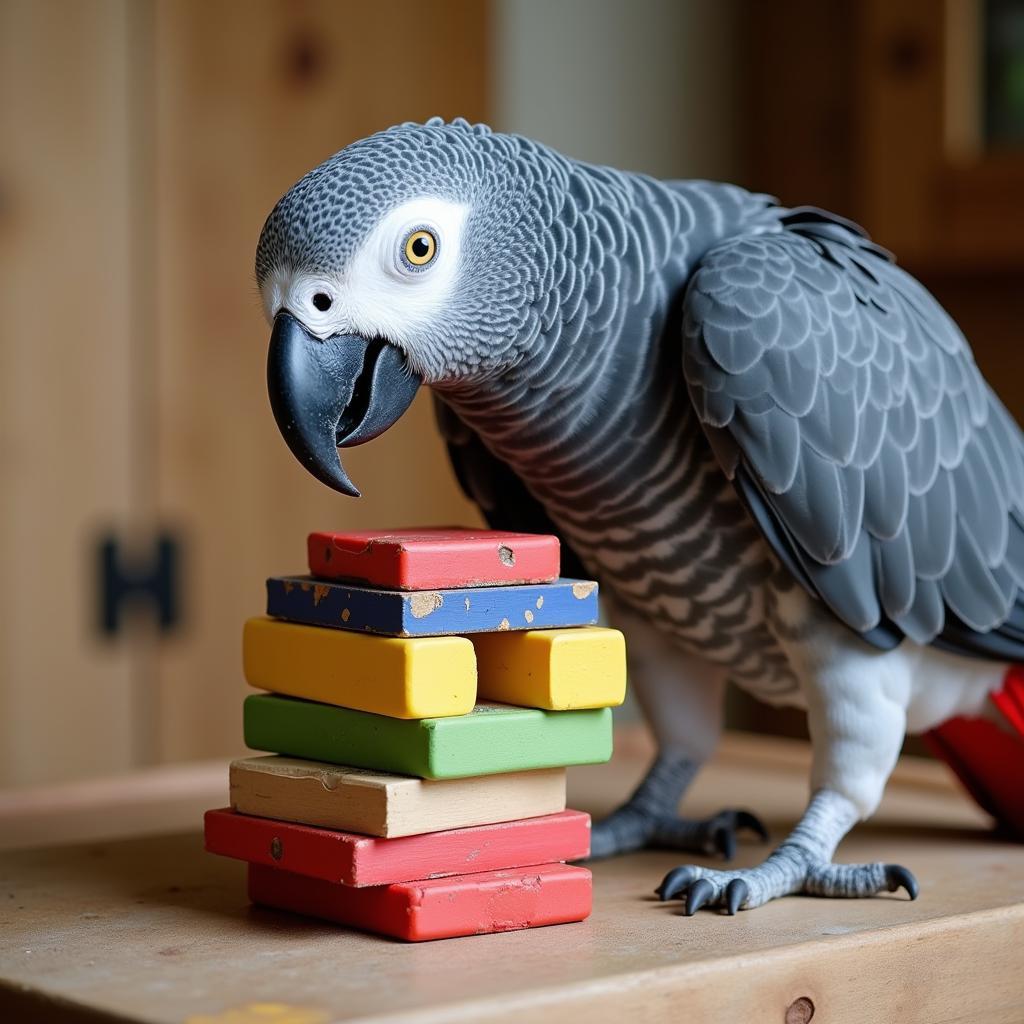Exploring African Circumcision Rituals: A Deep Dive into Culture and Tradition
African Circumcision Rituals are deeply embedded in the cultural fabric of many communities across the continent. These practices, passed down through generations, represent far more than just a physical procedure. They signify rites of passage, mark transitions into adulthood, and embody important social and spiritual values. african circumcision offers a glimpse into the diverse practices across the continent.
The Significance of African Circumcision Rituals
These rituals are often steeped in symbolism and tradition. They can represent a boy’s transition into manhood, a girl’s coming of age, or even spiritual purification. The ceremonies surrounding these rituals often involve community participation, special attire, and specific songs and dances. They offer a powerful expression of cultural identity and shared values. What makes these traditions so compelling is their connection to ancestral beliefs and the continuity of cultural heritage.
 African Circumcision Ritual Ceremony
African Circumcision Ritual Ceremony
Variations in African Circumcision Rituals Across the Continent
African circumcision rituals vary significantly across different ethnic groups and regions. While some involve elaborate ceremonies and public celebrations, others are more private and intimate affairs. Some communities practice male circumcision, while others practice female circumcision. The age at which the ritual is performed also differs, ranging from infancy to adolescence or even adulthood. The specific procedures and tools used can vary as well, reflecting the unique traditions of each community.
For instance, among the Xhosa people of South Africa, male circumcision is a crucial part of their initiation into manhood, known as ulwaluko. This practice involves a period of seclusion and traditional teachings, symbolizing a transformation into responsible members of society. In contrast, some communities in East Africa practice female circumcision as a rite of passage for young girls, often marking their entry into womanhood and eligibility for marriage.
Understanding the Cultural Context of African Circumcision Rituals
It’s essential to understand African circumcision rituals within their specific cultural context. These practices are often deeply intertwined with local beliefs, social structures, and spiritual values. While viewed differently through a Western lens, they hold profound meaning for the communities that practice them. Attempts to understand these rituals without considering their cultural significance can lead to misinterpretations and harmful generalizations. african boy standing tribe offers insights into the role of young men in these communities.
Why are African Circumcision Rituals Performed?
African circumcision rituals are often performed for a variety of reasons. Some believe they promote hygiene, while others see them as a way to control sexuality. For many, the rituals symbolize a transition into adulthood and a commitment to community values. They serve as a powerful bond between generations and a way to maintain cultural identity.
Professor Adebayo Olufemi, a renowned anthropologist specializing in African cultures, explains, “These rituals are not simply about the physical act. They are about belonging, identity, and connection to a larger history.” These rituals are a vital thread in the rich tapestry of African cultures.
African Circumcision Rituals in the Modern Era
Today, African circumcision rituals are facing challenges from modernization, globalization, and changing social norms. While some communities continue to practice these rituals in their traditional forms, others are adapting them to contemporary realities. Some have abandoned the practice altogether due to health concerns or social pressures. african ladies removing dress touches upon traditional clothing and customs related to cultural identity.
Dr. Fatima Hassan, a public health expert in Kenya, emphasizes, “It is important to respect cultural traditions while also prioritizing health and safety. Open dialogue and education are crucial for navigating these complex issues.” This balance between tradition and modernity is a key aspect of the ongoing evolution of these rituals. african black vagina and explores related topics within African cultures.
Conclusion
African circumcision rituals are a complex and multifaceted aspect of African culture. They offer a window into the diverse traditions, beliefs, and values of communities across the continent. Understanding these rituals requires sensitivity, cultural awareness, and a commitment to appreciating the rich tapestry of human experience. By exploring the history and significance of these rituals, we can gain a deeper understanding of African cultures and the complexities of human tradition. African circumcision rituals continue to be a significant part of many communities, representing a powerful link between the past, present, and future.
FAQ
- What is the purpose of African circumcision rituals?
- Are these rituals practiced across the entire continent?
- What are the different types of circumcision rituals in Africa?
- How have these rituals evolved over time?
- Are there health concerns associated with these rituals?
- How are African circumcision rituals viewed in the modern era?
- What are some of the ethical considerations surrounding these practices?
For further assistance, please contact us at Phone Number: +255768904061, Email: kaka.mag@gmail.com, or visit our address: Mbarali DC Mawindi, Kangaga, Tanzania. We have a 24/7 customer support team.



